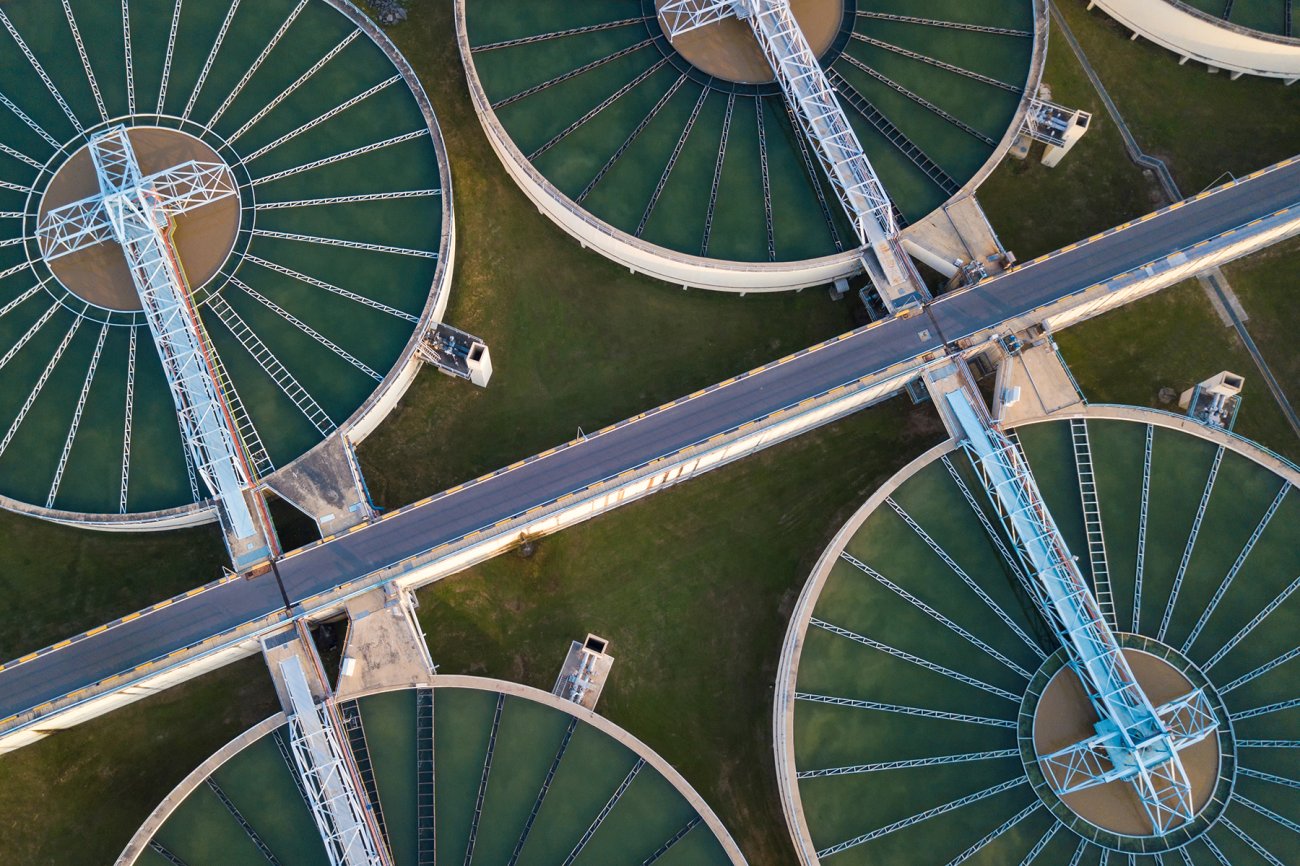9 Easy Facts About Reclaim Waste Explained
9 Easy Facts About Reclaim Waste Explained
Blog Article
Everything about Reclaim Waste
Table of ContentsNot known Facts About Reclaim WasteAll about Reclaim WasteThe Best Guide To Reclaim WasteThings about Reclaim WasteFacts About Reclaim Waste Revealed
Check out the types, events, and kinds of liquid waste. Residential sewage waste refers to the waste and items from a residential septic container. This sort of waste is produced by human beings in homes, institutions, and various other buildings. This only includes sewage-disposal tanks that have a drain field. The proper management and disposal of domestic sewer waste require fluid waste to be transferred to a sewer treatment plant where the correct techniques and tools are put on detoxify and throw away waste.
Industrial waste frequently consists of potential risks, such as flammable products or a blend of fluid and solid waste items, and calls for a much more innovative and thorough disposal procedure. The disposal of commercial waste typically includes the purification of waste before transportation to guarantee secure and appropriate disposal. Hazardous waste is developed from results and drainage of commercial processes and production.
This sort of waste can not utilize the same sewer administration transport or procedures as septic or industrial fluids. The hazardous waste administration procedure calls for the inspection and testing of liquid waste before it goes through the disposal procedure (liquid waste disposal). Runoff waste is the liquid waste that originates from drainage and excess stormwater in highly inhabited areas or cities
Runoff waste can create contamination and flooding if not taken care of appropriately. Discover more concerning drain cleansing and waste administration. Making sure correct waste management can stop disasters and reduce environmental harm. Both individuals in residential setups and experts in commercial or manufacturing industries can benefit from understanding the procedures and regulations of fluid waste administration.
7 Simple Techniques For Reclaim Waste
Call PROS Solutions today to discover regarding our waste administration and disposal services and the correct ways to look after the fluid waste you produce.
(https://reclaimwaste1.start.page)This supposed 'wastewater' is not only a vital source however, after therapy, will be launched to our land, waterways or the sea. Used water from commodes, showers, baths, cooking area sinks, laundries and commercial processes is recognized as wastewater.

water made use of to cool equipment or clean plant and tools). Stormwater, a kind of wastewater, is overflow that streams from agricultural and metropolitan locations such as roofings, parks, yards, roads, paths and seamless gutters into stormwater drains, after rainfall. Stormwater moves unattended straight to regional creeks or rivers, ultimately getting to the sea.
Fascination About Reclaim Waste
In Queensland, most wastewater is treated at sewer therapy plants. Wastewater is carried from domestic or industrial websites via a system of sewers and pump terminals, recognized as sewage reticulation, to a sewer therapy plant.
The Department of Natural Resources recommends neighborhood federal governments regarding managing, operating and maintaining sewage systems and therapy plants. In unsewered areas, city governments might need homeowners to set up specific or family sewage treatment systems to deal with residential wastewater from bathrooms, kitchen areas, restrooms and washings. The Division of Natural Resources authorises the use of home systems when they are confirmed to be effective.
In some new communities, therapy of some stormwater to remove clutter, sand and gravel has actually started making use of gross pollutant catches. Wastewater therapy happens in 4 phases: Eliminates strong matter.
Wastewater after that flows right into huge tanks where solids clear up and are removed as sludge. Grease and residue are skimmed from the surface. Utilizes little living organisms recognizes as micro-organisms to break down and eliminate remaining dissolved wastes and great particles. Micro-organisms and wastes are incorporated in the sludge. Gets rid of nitrogen and phosphorus nutrients that can trigger algal blooms in our rivers and threaten water life.
Not known Factual Statements About Reclaim Waste
Nutrient removal is not available at all sewage therapy plants since it requires expensive specialist equipment. It is coming to be extra common in Queensland. Clear liquid effluent produced after treatment may still contain disease-causing micro-organisms. If this effluent see here is released right into rivers such as rivers or the sea, the micro-organisms will at some point pass away out.

This usually means wastewater has to be dealt with or pollutants removed prior to it can be discharged to rivers. A lot of wastewater streams into the sewage system. Under the Act, local federal governments provide authorizations and permits for environmentally appropriate tasks (Periods) entailing wastewater releases that might have a regional influence. The division provides approvals and permits to Ages involving wastewater launches that may have a regional or statewide influence.
The Greatest Guide To Reclaim Waste
Otherwise, samples are considered laboratory analysis. Typically numerous examinations are required to develop the levels of each of the different toxins such as oils, heavy steels and pesticides in water. Tracking offers factual info about water high quality and can verify that permit problems are being met. The information obtained via tracking offers the basis for making water high quality choices.
Report this page